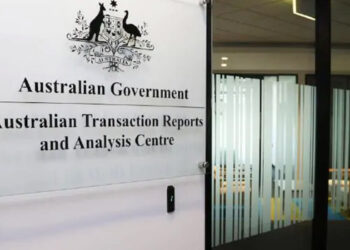According to analysis by superannuation consultant Chant West, the verdict on MySuper is nuanced, with differing perspectives from regulators, super funds, and fund members.
Since January 2014, only MySuper assets have been able to receive default Superannuation Guarantee (SG) contributions, with total assets garnering some $1 trillion or 28 per cent of the entire super system.
For government and the regulators, Chant West noted that the scheme is highly favoured as fees have decreased across the industry as a result of market pressures and regulatory measures, and some underperforming funds have been removed from the system.
However, the industry’s view is “generally less sanguine”.
Namely, the correlation between lower fees and enhanced performance remains elusive, Chant West said.
Its analysis of 25 MySuper Growth category funds revealed little to no correlation between investment fees and net returns, challenging the notion that lower fees always translate to higher returns for members.
“The heavy emphasis on fees has caused some funds to compromise on how they invest, exacerbated in recent years by having to manage a performance test that still has unresolved flaws.
“Arguably, some funds have been removed from the system largely due to flaws in the performance test rather than flaws in the way they were managing members’ savings,” Chant West explained.
It added that there was never an explicit objective to improve member outcomes by maximising income in retirement.
“Our view is that reduced costs – especially investment costs – are only beneficial if they result in improved net returns to members. Cost reduction per se is not enough,” the consultant said.
When examining member sentiment, Chant West highlighted that evaluating feelings towards MySuper depended heavily on individual experiences with their fund and risk profiles. However, the firm noted that many members have likely found comfort in lower fees and protection from “dodgy” funds.
But the firm highlighted that while younger members, especially those in life cycle strategies, have benefited from reduced risks, older members have experienced lower returns, particularly in retail funds. Nonetheless, members who remained in high-performing options have enjoyed strong returns, underscoring the importance of investment strategy and fund management.
“The better funds have stuck to their investment principles, reduced costs where they could and improved the range and effectiveness of their member services – acting in members’ best interests by maximising their net investment returns,” Chant West said.
“Those members have enjoyed strong performance well in excess of inflation and of the funds’ own objectives, all at an acceptable and appropriate level of risk.”
Despite the progress, however, challenges persist within the superannuation industry. Chant West noted that the ongoing evolution of regulatory frameworks, such as performance tests, necessitates continuous adaptation from funds to ensure alignment with member interests.
Looking ahead, Chant West said the focus must shift towards improving overall member outcomes in retirement, acknowledging the complex and personalised nature of post-accumulation phases.
“The level of service must improve across super funds as more is now expected of funds which are under much greater scrutiny – rightly so given the large amount of assets being managed.
“More attention must also be given to driving strong outcomes for members in retirement, which is much harder and more personalised than in accumulation – never forgetting that this is the exact reason why super funds exist.”







